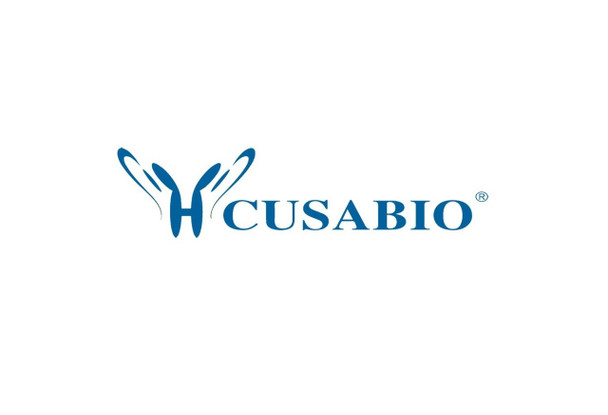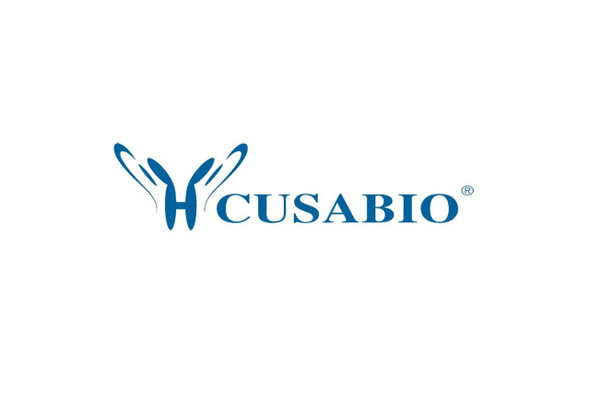Cusabio Polyclonal Antibodies
PTEN Antibody | CSB-PA018964KA01HU
- SKU:
- CSB-PA018964KA01HU
- Availability:
- 3 to 7 Working Days
- Size:
- 100ul (100ug)
Description
PTEN Antibody | CSB-PA018964KA01HU | Cusabio
PTEN Antibody is Available at Gentaur Genprice with the fastest delivery.
Online Order Payment is possible or send quotation to info@gentaur.com.
Product Type: Polyclonal Antibody
Target Names: PTEN
Aliases: PTEN; BZS; DEC; GLM2; MHAM; TEP1; MMAC1; PTEN1; 10q23del
Background: PTEN (phosphatase and tensin homologue deleted on chromosome ten), also referred to as MMAC (mutated in multiple advanced cancers) phosphatase, is a tumor suppressor implicated in a wide variety of human cancers. PTEN encodes a 403 amino acid polypeptide originally described as a dual-specificity protein phosphatase. The main substrates of PTEN are inositol phospholipids generated by the activation of the phosphoinositide 3-kinase (PI3K) . PTEN is a major negative regulator of the PI3K/Akt signaling pathway. PTEN possesses a carboxy-terminal, noncatalytic regulatory domain with three phosphorylation sites (Ser380, Thr382, and Thr383) that regulate PTEN stability and may affect its biological activity. PTEN regulates p53 protein levels and activityand is involved in G protein-coupled signaling during chemotaxis.
Isotype: IgG
Conjugate: Non-conjugated
Clonality: Polyclonal
Uniport ID: P60484
Host Species: Rabbit
Species Reactivity: Human, Mouse, Rat
Immunogen: Recombinant protein of human PTEN
Immunogen Species: Human
Applications: ELISA, WB, IHC
Tested Applications: ELISA, WB, IHC;WB:1:500-1:2000, IHC:1:50-1:200
Purification Method: Affinity purification
Dilution Ratio1: ELISA:1:2000-1:10000
Dilution Ratio2: WB:1:500-1:2000
Dilution Ratio3: IHC:1:50-1:200
Dilution Ratio4:
Dilution Ratio5:
Dilution Ratio6:
Buffer: Buffer: PBS with 0.02% sodium azide, 50% glycerol, pH7.3.
Form: liquid
Storage: Upon receipt, store at -20°C or -80°C. Avoid repeated freeze.
Initial Research Areas: Cell Biology
Research Areas: Epigenetics & Nuclear Signaling;Cancer;Cell biology;Metabolism;Signal transduction






